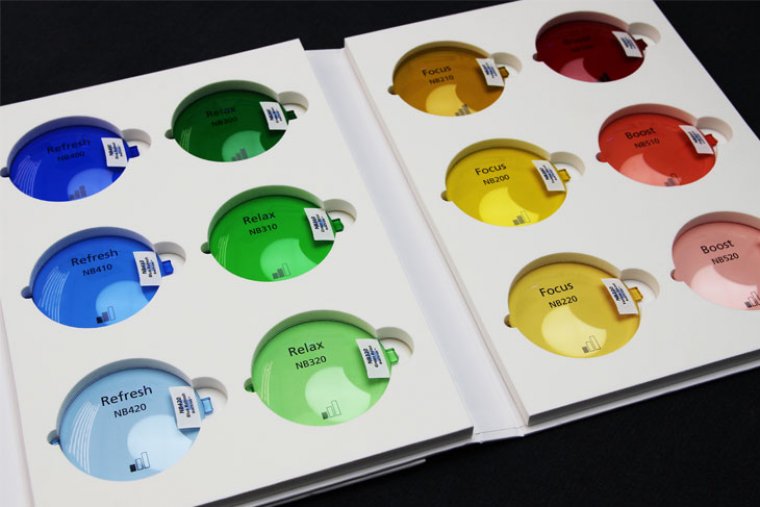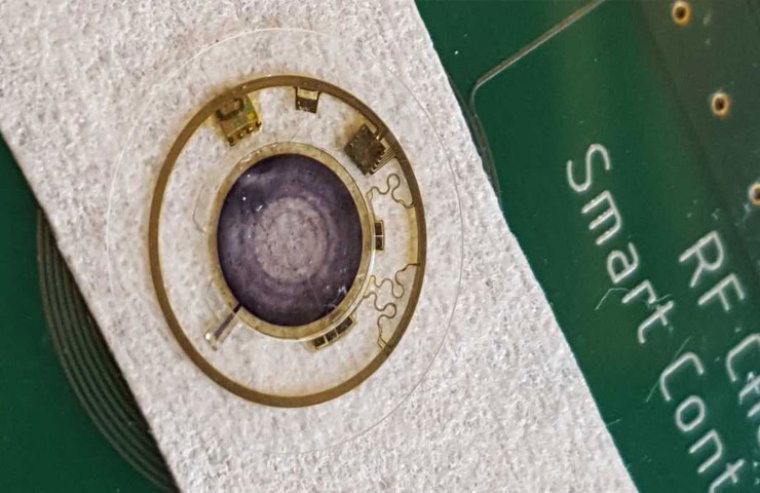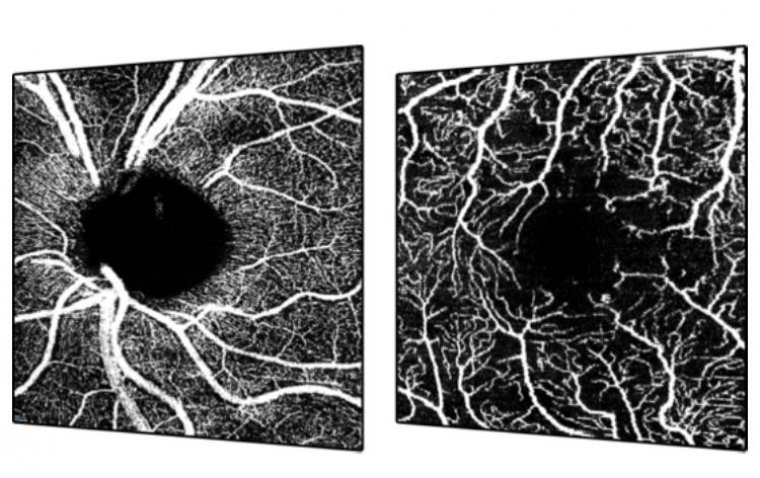
How Tinted Lenses Affect Us?
People are fascinated by colors – whether in art, nature, fashion or, of course, the sciences. While there’s no doubt that colors can elicit certain emotions and associations, where exactly is the line between our gut feeling and actual science?
There have already been studies on this subject. Now, ZEISS Sunlens has commissioned two more for four specific colors. They confirm that tinted lenses have a demonstrable effect on our physiology and psychology, i.e. on our body and mind. Working together with the ZEISS Vision Science Lab in Tübingen, ZEISS Sunlens has developed a new portfolio called ZEISS BioChrom featuring four special colors for tinted lenses. These lenses not only offer UV protection but also positively impact our mood, performance and sense of well-being. This is important because market research from ZEISS has shown that consumers increasingly ask for products that complement a healthy lifestyle, resonate emotionally and increase performance.
Traditionally, a lot of colors have been associated with a specific function – even if these vary from one culture to the next. Whoever intends to avoid making too much of a fashion statement with their sunglasses and wants realistic color perception opts for brown or gray lenses. These are the two tints usually recommended at an eye care professional’s (ECP) office. Pilots, meanwhile, seem to always go for green lenses. The emperor Nero supposedly watched gladiator fights while looking through a transparent green stone since it was purportedly better for your eyes. A green found in nature, such as that of a forest in springtime, was said to have restorative qualities. In the first half of the 19th century, green and blue lenses were worn in the parlor – the wearers thought these would make them feel refreshed. Gamers who spend hours playing online opt for lenses with a yellow tint. These lenses supposedly increase concentration while also protecting against potentially damaging blue light. And what about someone who wears rose-colored glasses: is this person really more optimistic? Could there be something to all this? One thing is certain: just how colors affect us varies enormously from person to person and depends on the particular situation. But the fact of the matter is that studies have confirmed real effects.
(1).jpg)










